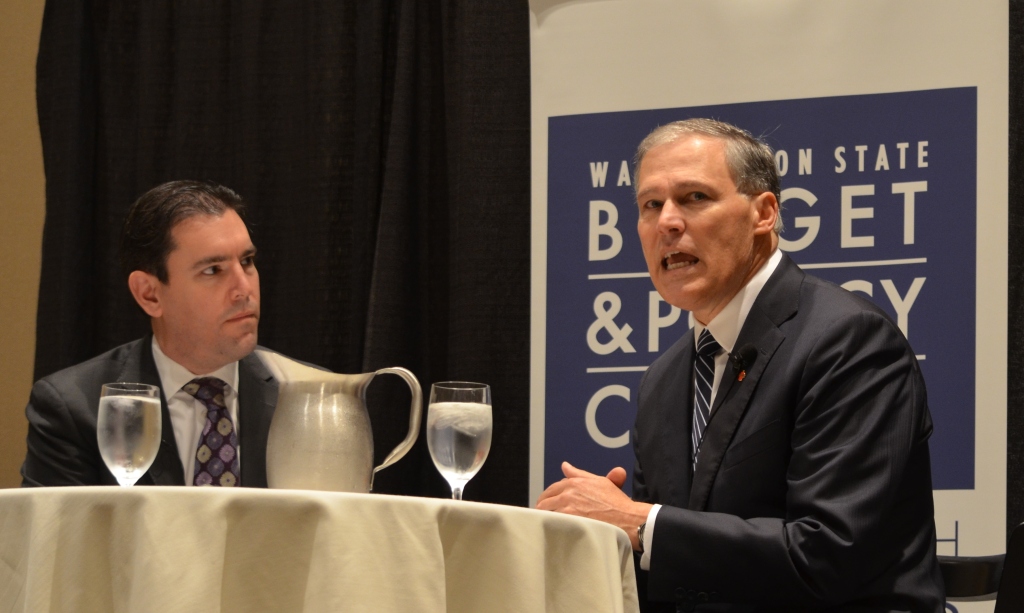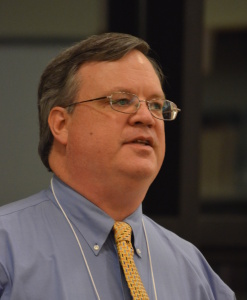On Monday, Dec 1, 2014 Democratic PCO’s in Washington State’s 30th Legislative District meet to nominate 3 candidates to be considered to replace Democratic Representative Roger Freeman. Roger Freeman died several days before the November 4th, 2014 Election but still received enough votes to win the election. His death then commenced a process to replace him. In rank order the 30th LD Democrats nominated Carol Gregory, Richard Champion and Shari Song to be considered by the King and Pierce County Councils to replace him.
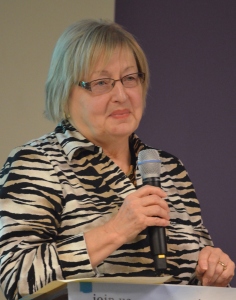
Carol Gregory
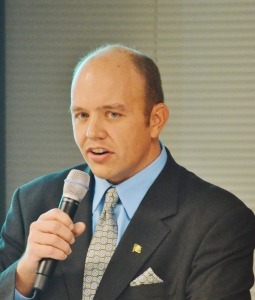
Richard Champion
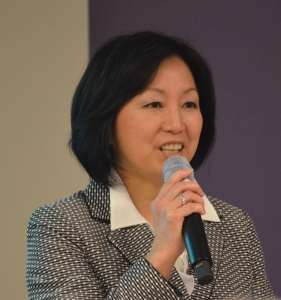
Shari Song
The replacement process under Washington State law calls for candidates whose Legislative District straddles 2 counties to be selected from a list of 3 candidates nominated by Precinct Committee Officers of the same political party as the deceased candidate from the Legislative District. The State Central Committee then approves this list and forwards it to the respective County Councils who have 30 days to select a replacement person. If they do not agree on a candidate, the Governor then makes the appointment.
States vary in how they fill vacant legislative positions caused by a death or resignation. The National Conference of States Legislatures has a detailed list of how the various states do it. Twenty five states fill the seat by a special election. In five states the political party of the deceased candidate makes the appointment. In eleven states the Governor makes the appointment. In one state the political party and the House makes the appointment. Seven states including Washington make the appointment of someone of the same political party as the last person to hold the office and delegate the final appointment to their county commissioners. Besides Washington, the other states leaving the appointment up to county commissioners are Arizona, Montana, Nevada, New Mexico, Oregon and Wyoming.
The Democratic Precinct Committee Officers of Washington’s 30th LD commenced the process by narrowing a list of 6 candidates down to a ranked list of 3 candidates as required by state law. The following candidates in the order nominated as candidates to be considered fby the 30th LD Democrats for filling the vacancy. Richard Champion, Hope Elder, Roger Flygare, Carol Gregory, Shari Song, and Rose Osherin Edwards.
Richard Champion is the current 1st Vice Chair of the 30th LD Democrats and served in the past as a Vice – Chair of the King County Democrats. He was active in the SeaTac campaign for a $15 minimum wage and serves on the Board of PSARA – Puget Sound Advocates for Retirement Action.
Hope Elder is active in her local church and is on the Board of Fusion. She has been a Deputy Mayor of Federal Way and has been involved with the Community Supper effort.
Roger Flygare is a small businessman and has run for both the legislature and for the Federal Way City Council.
Carol Gregory is a former teacher and past President of the Washington Education Association. She has worked in the Governor’s Office, lobbied the legislature and ran for legislature twice before, losing her last attempt by only 301 votes.
Shari Song ran for the State Senate in the 30th LD in the 2014 election. Previously she ran for a seat on the King County Council. She has been active in a number of civic organizations and grew up in the district.
Rose Osherin Edwards is a nurse and has 3 kids She is a member of SEIU and has been active in her kid’s PTA , including chairing the garden committee.
The first vote taken was to select the top ranked candidate:
Richard Champion 9
Hope Elder 1
Roger Flygare 7
Carol Gregory 8
Shari Song 4
Rose Osherin Edwards 0
Since no one received a majority, a second ballot was taken between the top 2 candidates.
Carol Gregory 15
Richard Champion 14
Carol Gregory became the #1 top ranked candidate
A third ballot was taken to select the #2 ranked nomination:
Richard Champion 17
Roger Flygare 6
Shari Song 6
Richard Champion became the #2 ranked candidate
A fourth ballot was taken to select the #3 candidate:
Roger Flygare 10
Shari Song 14
Hope Elder 2
Rose Osherin Edwards 2
Since no one of the candidates received a majority a 5th vote was taken between the top 2 candidates:
Shari Song 18
Roger Flygare 11
Shari Song was selected as the #3 ranked candidate.
The final decision is now up to a joint meeting of the King Country and Pierce County Councils. No date has been selected yet for that meeting. Usually the top ranked candidate in the voting by the precinct committees officers in selected as the appointee by the Councils voting but that is not always the case. Mia Gregerson now a Representative in the 33rd LD was not the top choice of the precinct committee officers but was selected in what became a controversial choice last year by the King County Council. The County Councils are not required by law to pick the top choice but must choose amng the three nominated by the precinct committee officers or the decision goes to the Governor.

